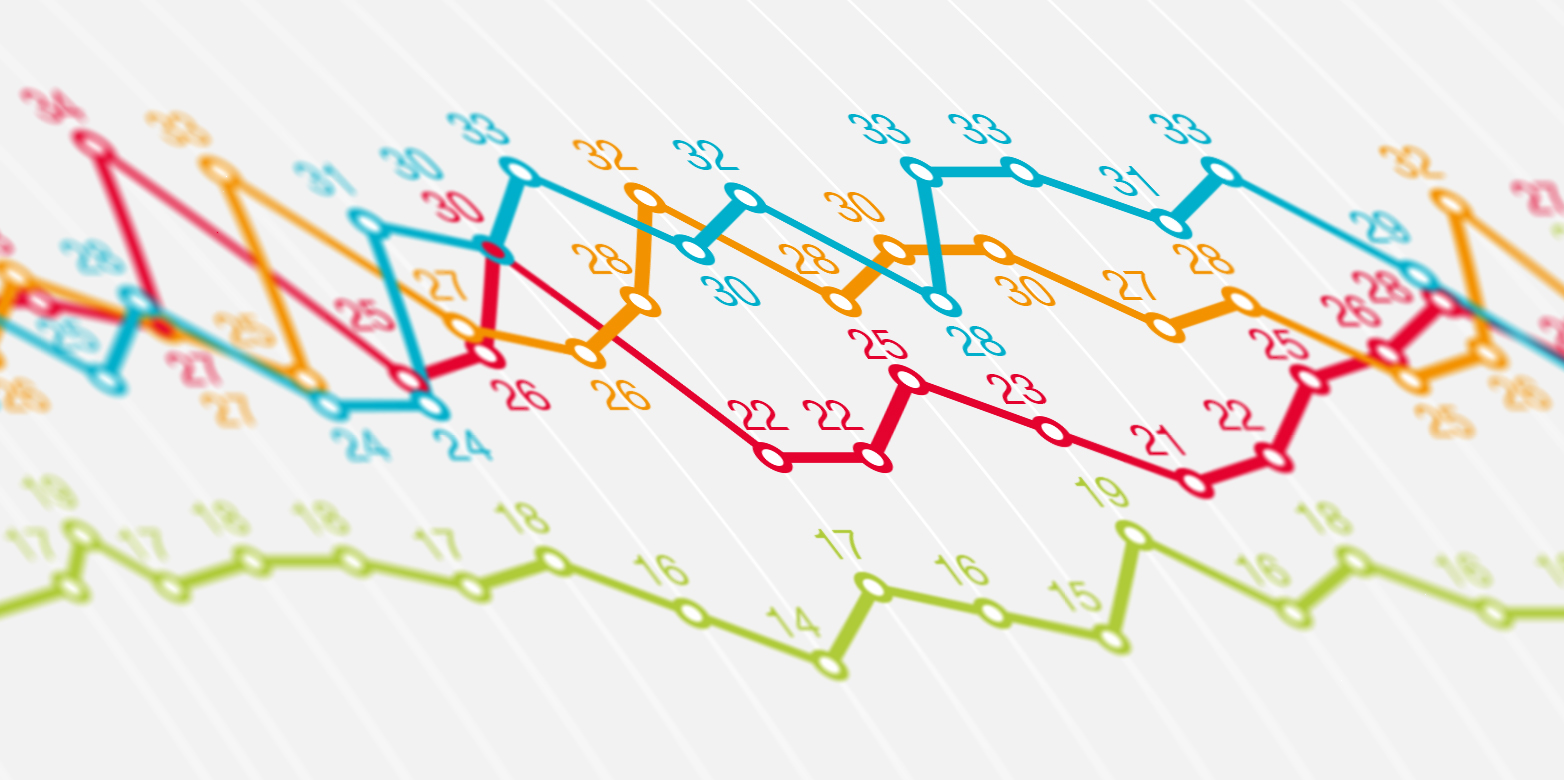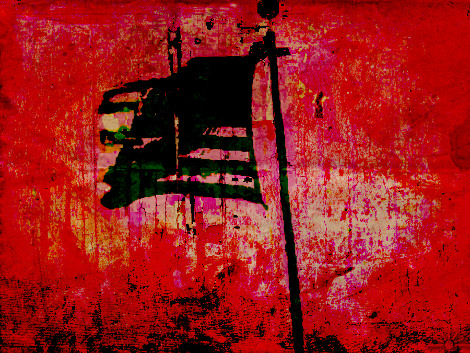On Tuesday 28 May 2019, the Military Academy at ETH Zurich and the Center for Security Studies at ETH Zurich published the annual survey “Sicherheit 2019”. Since 1999, the study has evaluated long-term trends and tendencies in public opinion on foreign, security and defense policy issues in Switzerland.
“Sicherheit” is based on representative surveys conducted each year. As well as including a core set of questions that are always addressed or asked at irregular intervals, the survey also deals with current issues of security policy. In line with this, “Sicherheit 2019” focuses on the relations between the US and Switzerland, the global political situation, attitudes towards equal opportunities within the Swiss Armed Forces and communication efforts by the Swiss military. Here, we provide a summary of the findings of this year’s survey.




